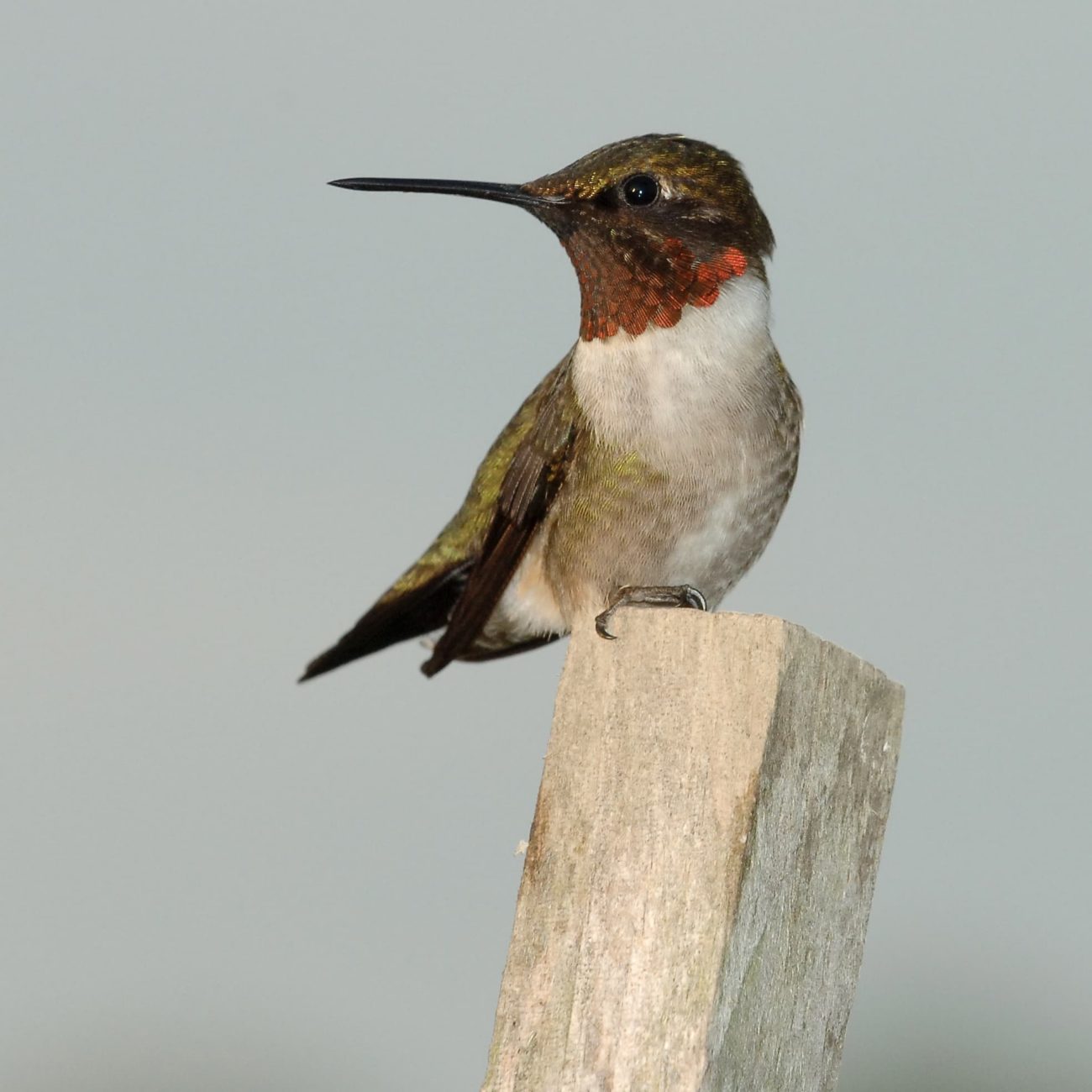
Why the Name Hummingbird?
Are you good at coming up with names? I’m definitely not. I literally chose the name Fizz for my cat by flipping through a dictionary since I cave under the pressure. Fortunately, my friend John knew I loved hummingbirds and suggested it. (Thanks, John!) I took a moment to think about it, and realized it was the absolutely perfect name for a sustainability resource. Here’s why!
I find hummingbirds to be positive, determined, and capable.
When I lived in California, Mike and I shared our yard with the sweetest little hummingbird he named Stanley. I fell in love instantly! Stanley would sit on the same tree branch every day and sing his little heart out. He was such a positive part of my day! My heart ached when we moved and had to say goodbye to Stanley, but the feelings stuck with me.
Hummingbirds in Wisconsin aren’t as vocal as they are in California, but they are just as impressive and delightful. Weighing in at only 6g, the ruby-throated hummingbird can double its fat mass before migrating across the Gulf of Mexico. This is a non-stop, 20 hour, 500 mile flight over water. What an incredible feat! If this doesn’t convince you that even the most challenging tasks are in fact possible, then I don’t know what will. Plus, it’s hard not to be delighted when they zoom by you.
Hummingbirds taught me how to be a more responsible member of our ecosystem.
The ruby-throated hummingbird is native to all parts of Wisconsin, but you aren’t going to see one unless you pay attention to the life around you. We live in a fast paced world that is often telling us to move even faster. This often leads to actions that can have negative impacts on the environment. I believe that if we slow down, and reconnect ourselves to the natural world around us, we find more joy and appreciation for it. This, in turn, makes it easier to take on those more challenging steps to be more environmentally friendly!
You also aren’t going to see them if you aren’t providing the right habitat. Concrete landscapes and yards full of non-native ornamental plants aren’t going to support hummingbirds or many of our other native animal neighbors. And if hummingbirds and other animals aren’t supported by humans, what impact does that have on us and the other members of our ecosystem? We have to live amongst nature, not on top of it, for us all to thrive.
Who doesn’t want a little hummingbird cheering you on?
They’re fun, beautiful, and delightfully tiny. They’re the smallest bird in the world, yet highly capable and incredible. They pollinate 150 species of nectar-producing plants in North America that rely on them. They aren’t dangerous and I don’t know anyone to ever have a negative experience with one. What’s not to love? I just think they are the perfect mascot for all your sustainable actions!

